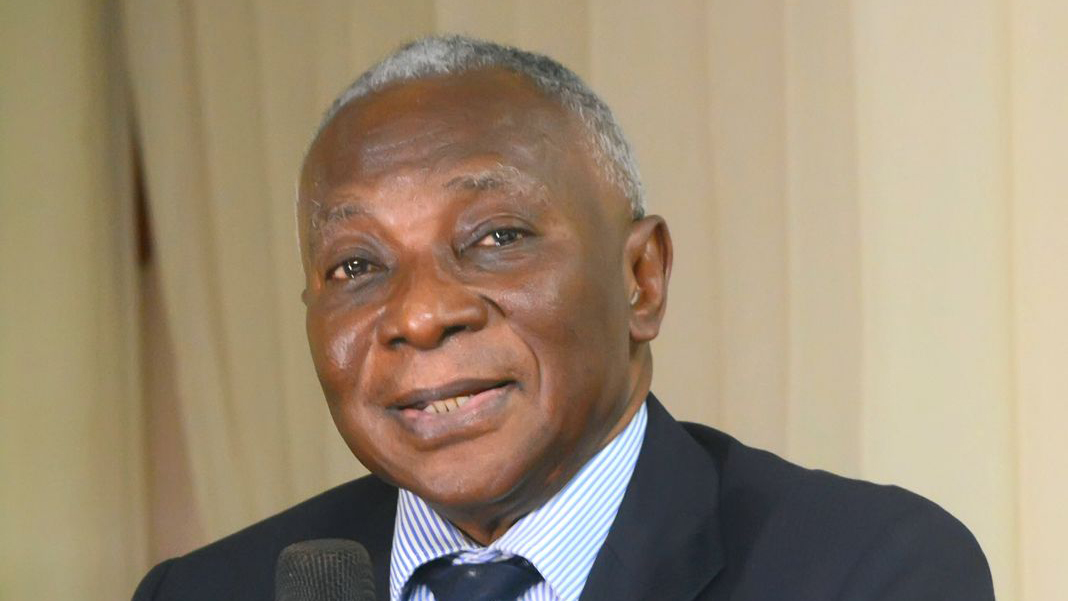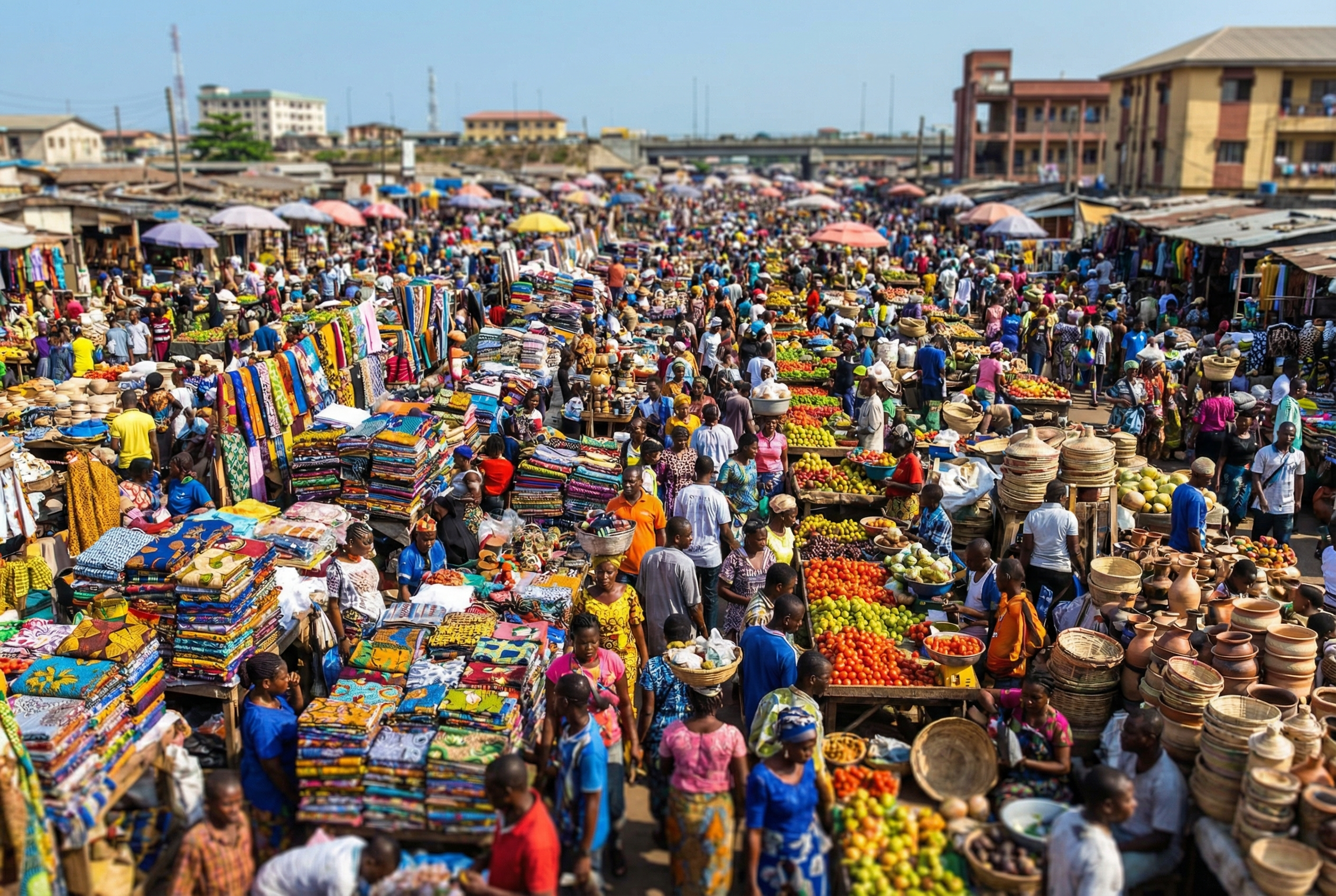
It is no longer news that the first phase of the reconstruction and upgrading of the Eti Osa-Lekki-Epe Expressway has been completed and delivered for public use.
Recently, Lagos State Governor, Mr Babajide Sanwo-Olu was in Epe to commission the 18.75-kilometre long stretch from Eleko to Epe T-junction.
With the commissioning, the government has successfully turned the hitherto two-lane rural roadway into a six-lane rigid concrete carriageway.
This, no doubt, is a significant improvement in the effort to redevelop the rural road, built over 40 years ago. Before reconstruction, the infrastructure was in bad shape, due to upsurge in average daily traffic volumes, subjecting road users to delay and hardship.
However, with the upgrade of the road into six lanes, with street lights installation and dedicated tracks for trailers, the narrative has changed. Motorists plying the route now enjoy stress-free commuting.
In the characteristic style of his administration, after opening the first phase of the road, Sanwo-Olu straight away flagged off the second phase of the road project, which will extend the construction from Eleko axis to Abraham Adesanya Roundabout.
The project’s second phase, according to the Governor, would be done in two segments. This is for ease of funding and to reduce the traffic impact of the construction work on commuters.
The 18.6km first segment, Sanwo-Olu said, would take off from Eleko to Awoyaya and to critical sections around Majek and Ogidan. The second segment, which is 11km, will kick off at Ogidan to Abraham Adesanya Roundabout.
The development marked another effort by the Sanwo-Olu administration at investing in infrastructure that would impact positively the socio-economic well-being of the residents.
As earlier stated, before the intervention, the expressway was in critical condition, creating agony for travelers and causing pain in the movement of goods and services.
The inauguration of the road project came after 40 years the infrastructure was initially constructed as a rural cross-section without a drain.
The Sanwo-Olu led government began the reconstruction and upgrade of the Eti-Osa-Lekki-Epe Expressway from the existing two-lane to a three-lane dual carriageway with a reinforced concrete pavement and with a lane in each direction dedicated for trucks to accommodate the envisaged axle loads.
Considering the correlation between infrastructure development and economic growth, the project will further set the Lekki-Epe corridor on the path of socio-economic prosperity and progress.
As it is already known, the Lekki-Epe axis is fast emerging as an urban economic hub. It is, therefore, in order to sustain the pace of economic growth along the corridor that the government is investing in critical infrastructure.
The reconstruction of the Lekki-Epe Expressway is, no doubt, a laudable project that will impact positively the lives of residents, eliminate traffic gridlocks, drastically reduce the travel time of commuters, and businesses as well as improve the socio-economic activities around the axis.
Since its inception in 2019, in view of the indispensability of quality and access roads to social-economic development, the administration of Mr. Babajide Sanwo-Olu has rightly accorded road construction and rehabilitation utmost consideration in the scheme of things.
This is not surprising since a major pledge of Governor Babajide Sanwo-Olu is to attain a ‘Greater Lagos’ through infrastructure development.
It is, thus, in a bid to sustain current efforts at improving road infrastructure across the State that the Sanwo-Olu administration embarked on the reconstruction and upgrade of the phase 1 of the 40-year-old Eti-Osa-Lekki-Epe Expressway.
No doubt, the Lekki axis has become a major industrial and commercial hub in the State and, indeed, the country. The Lekki Free Zone, Dangote Refinery and Lekki Deep Seaport to mention but a few are all sited at the zone.
Considering the economic viability of the axis, the reconstruction of the Eti-Osa-Lekki-Epe Expressway would certainly aid socio-economic activities in the zone, thereby giving investors better value for their money.
The road was constructed in 1981 as a single-carriageway, but underwent an upgrade to a two-lane carriageway in 2006. Its condition, however, became deplorable as a result of population growth and increased vehicular traffic.
With the latest intervention by the Sanwo-Olu administration, the entire stretch of the road from Eleko to Epe has been dualized on the rigid pavement, with three lanes on each side. A lane on each side will be dedicated as toll weighbridges only for heavy-duty vehicles.
As earlier affirmed, the Eti Osa-Lekki-Epe corridor is strategically important to the state’s economic prosperity, hence the completion of the project would further strengthen Sanwo-Olu administration’s commitment to inclusive development.
In view of current development and realities, especially ‘Alaro City’ Lekki Free Trade Zone among other Public-Private Partnership projects going on in the area, there is no doubt that a new Lagos is sure to birth from Epe division of Lagos State.
With the current pace of infrastructure development across the state, it is quite clear that Lagos State is on the fast track toward bridging its road infrastructural deficit. The once familiar narrative of bad and broken roads is now changing for the good.
Though there may have been moments of misreading of Governor Sanwo-Olu’s passion to urgently fill the infrastructural gap, that has not subtracted from his administration’s burning desire to put taxpayer’s money into judicious use.
The current administration is providing the burgeoning population of the state with road infrastructure development unparallel in the annals of the state. The government investment priority on roads is outstanding, especially when it is put into account that road remains the most common means of transportation in the state.
Meanwhile, residents and commuters are urged to make good use of all public infrastructures being developed across the state. The way to safeguard public property is for all to be vigilant and report vandals to police or community leaders for appropriate action.
It is only when everyone realizes that the manhole covers are meant to serve our interest that the trend of the vandalization will be maximally contained.
Under whatever guise, no one has any right to damage, steal or vandalise public infrastructure. A state that has many needs to use its scarce resources on can ill afford to waste such resources on replacing vandalized property by the same citizens it is working hard to serve.
Ogunbiyi is Deputy Director, Public Affairs, Ministry of Information and Strategy, Alausa, Ikeja.
[ad unit=2]






